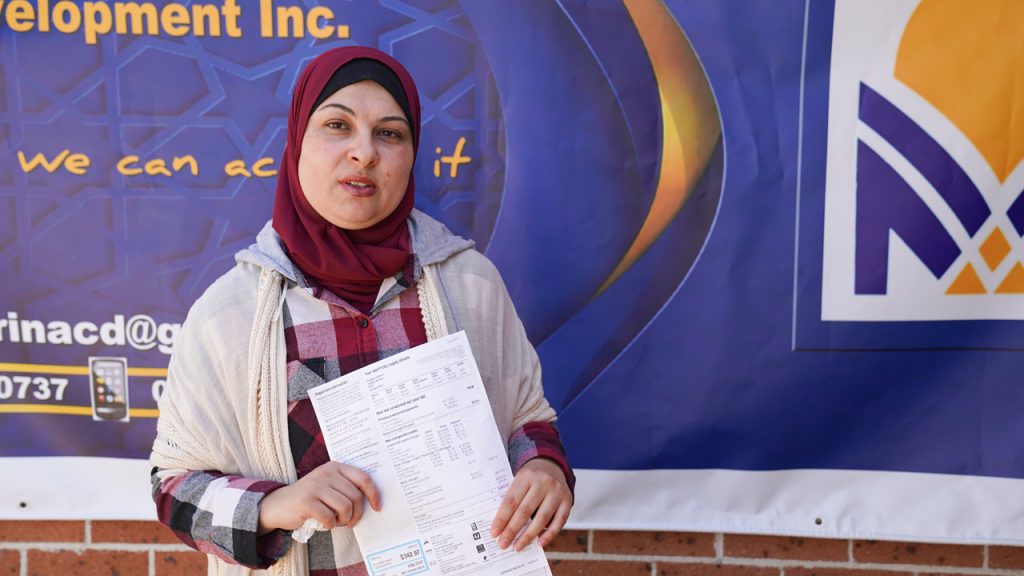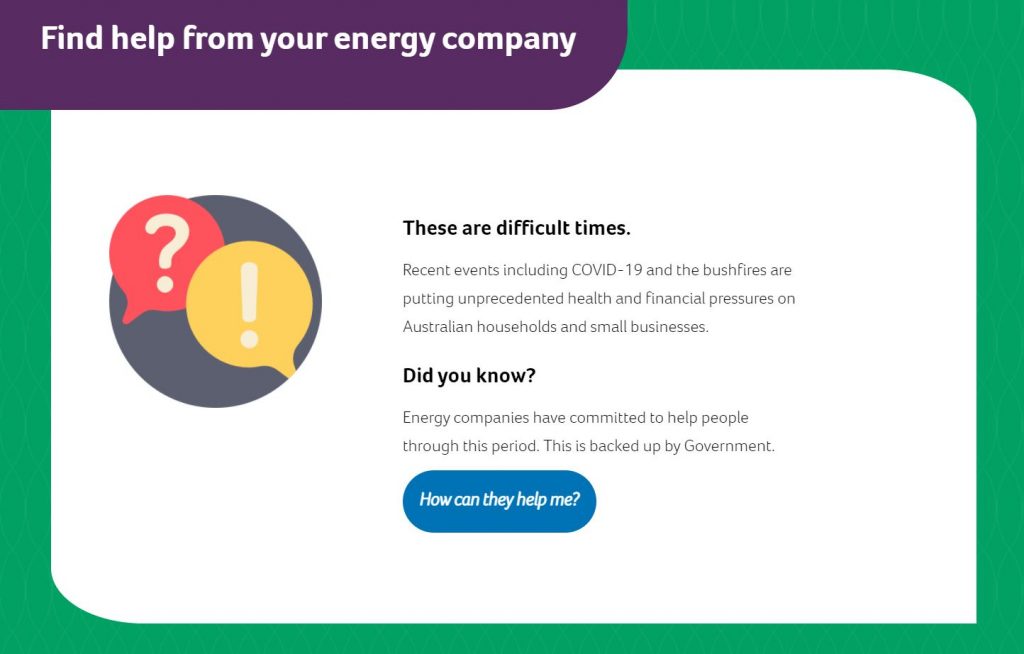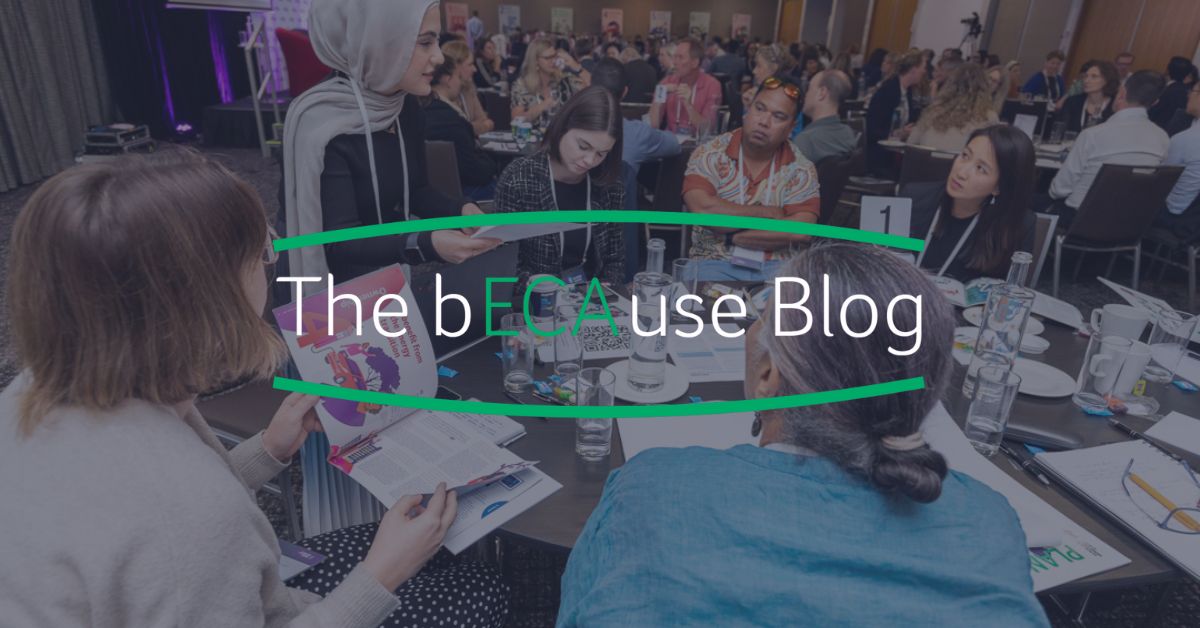The Australian Energy Regulator has extended consumer protections offered by its Statement of Expectations including a ban on disconnections and other debt recovery actions in circumstances where customers have contacted their retailer to discuss hardship and financial difficulty.
People are still suffering from the economic impact of COVID-19 and consumers want retailers to do everything possible to be proactive in offering relief from the pressures caused by the global pandemic.

Households in financial difficulty are also being urged to speak to their retailer before June 30. Find your retailer’s phone number here.
In announcing a fourth extension of its statement, the AER has strongly signalled the protections it offers “can’t last forever” and are likely to end on June 30.
Under the statement, energy retailers are prevented from disconnecting household customers or triggering other punitive debt recovery actions where those customers have contacted their retailer to discuss their circumstances, been placed on payment plans or other forms of hardship assistance. Small business consumers cannot be disconnected if they are adhering to a payment plan or other payment arrangement.
After June 30 retailers will no longer be obliged to offer small businesses access to payment plans so it is critical that small business owners use this time window to get support.
The AER is urging any consumers who have outstanding debt with their energy retailer or who are encountering financial difficulty with their power bills to contact their retailer before June 30 and ask to be placed in a hardship program or sustainable repayment plan. Both the AER and Energy Consumers Australia offer resources on their websites to assist customers with this process.

Energy Consumers Australia has urged consumers to seek the relief they are fully entitled to, but also made it clear to retailers that it is incumbent on them to not place the onus of action entirely on their customers. Retailers should be doing everything they can to engage with customers, make them aware of their rights and offer them meaningful relief.
Specifically, Energy Consumers Australia urges retailers to:
- Accept responsibility for ensuring that anybody with an outstanding debt is placed in a hardship/repayment program.
- Engage directly with customers to ensure they are placed on the cheapest possible plan they are eligible for.
- Engage with customers to ensure they are aware of and receiving any discounts they are entitled to.
- Ensure that customers are aware of available financial planning services and understand how to access them.
- Ensure that consumers promptly and fully benefit from recent falls in the wholesale electricity prices and transmission costs.
Consumer trust in the system remains low and as we transform towards a modern energy system in which consumers are more active participants it is vital that we navigate this difficult period with careful compassion. We need a strong energy system in which all may fairly participate, and all may have confidence.

There have been increasing attempts from some retailers to begin recovering debt more aggressively and now is not the time for this kind of activity. The pandemic is still in full swing globally, we are about to see the end of Jobkeeper, unemployment remains high and anecdotal evidence and data shows that people are really suffering.
In this context Energy Consumers Australia has also said it would like to see an open mind about whether further extensions of the statement might be necessary, given a global outlook that continues to be extremely uncertain. But if the statement is to end after this latest extension, the number of people who have an outstanding debt but are not signed up to an ongoing assistance plan should be close to zero by that point. It is the responsibility of retailers, not just consumers themselves, to do everything possible to make that happen.
Helpful links and resources
- Energy Consumers Australia: Consumer resources page
- Energy Consumers Australia: ‘Find help’ guide
- Australian Energy Regulator: Expectations of energy businesses


